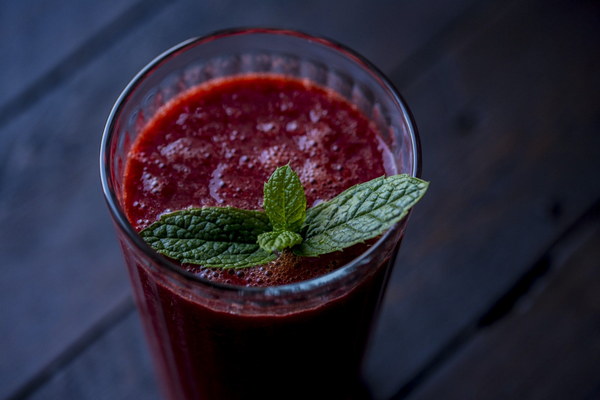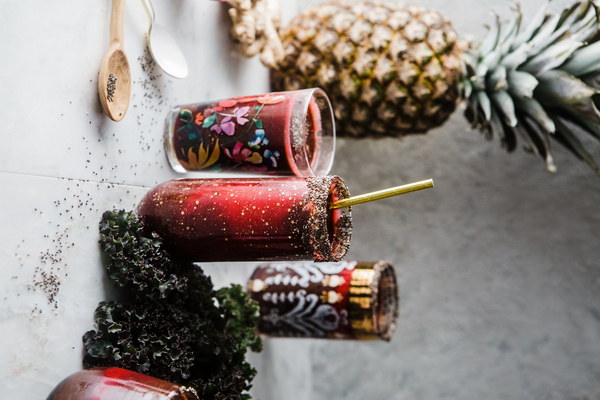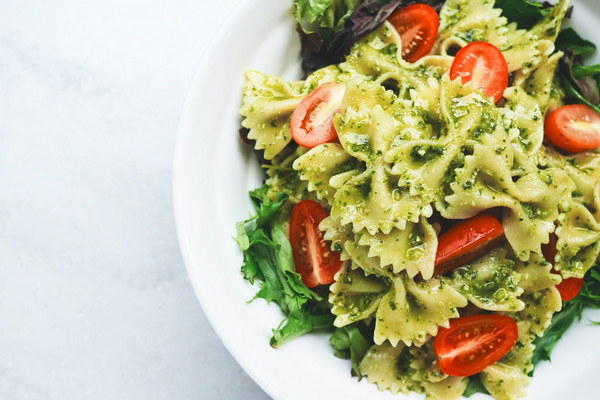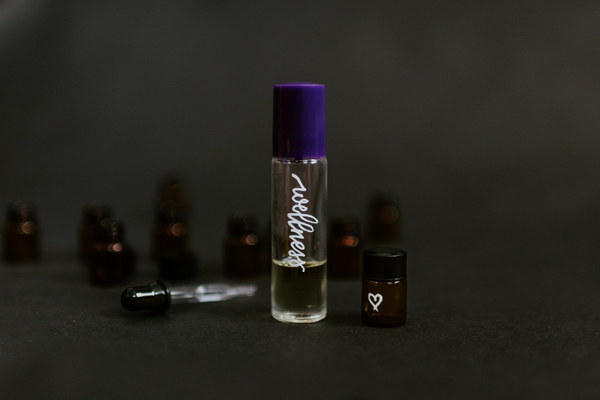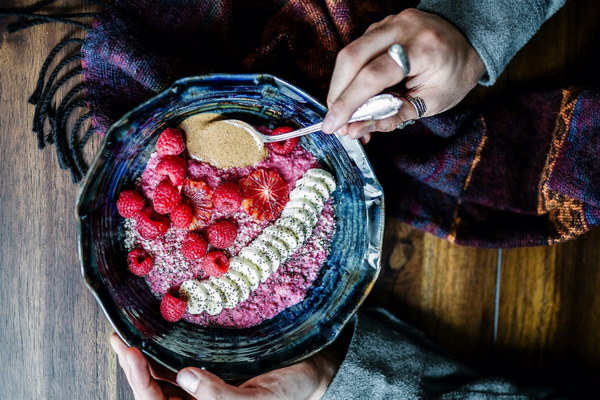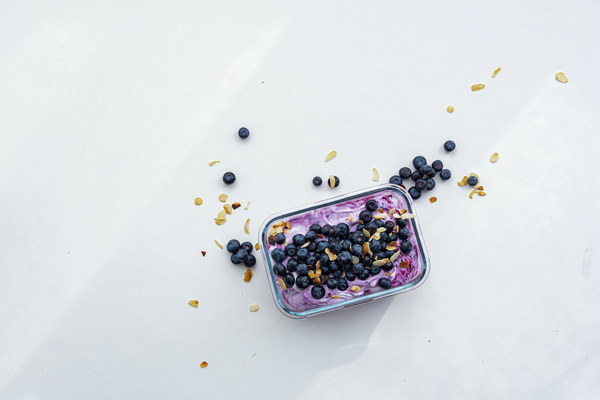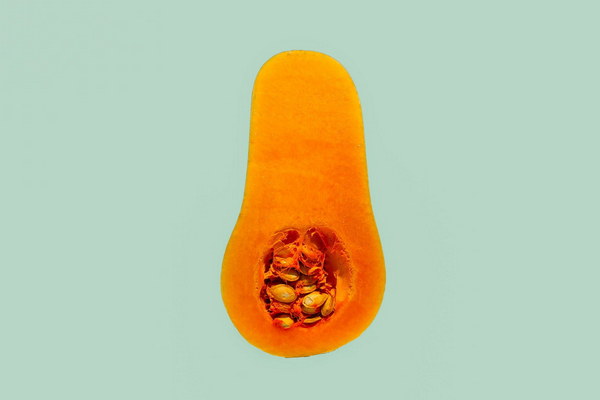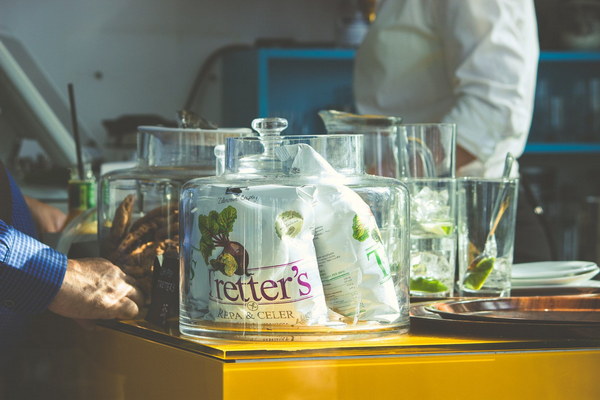Natural Remedies for Elderly Enuresis A Dietary Approach to Boost Bladder Control
Elderly enuresis, or bedwetting in the elderly, is a common but often embarrassing condition that affects many older adults. It can be caused by various factors, including weakened bladder muscles, neurological disorders, and side effects of certain medications. While medical treatment is available, natural remedies, especially those involving dietary adjustments, can be effective in managing this condition. This article will explore some of the best dietary approaches to combat elderly enuresis and improve bladder control.
1. Increase fluid intake
Contrary to popular belief, increasing fluid intake can actually help manage elderly enuresis. By drinking plenty of water throughout the day, older adults can keep their bladder muscles strong and healthy. It's important to drink water consistently, rather than large amounts at once. Aim for 8 to 12 cups of water per day, depending on individual needs and health conditions.
2. Limit caffeine and alcohol consumption
Caffeine and alcohol are known bladder irritants and can exacerbate elderly enuresis. To reduce the frequency of nighttime awakenings and incontinence, it's advisable to limit or eliminate the consumption of these substances. This includes coffee, tea, cola, and alcoholic beverages. Opt for decaf or herbal teas instead to enjoy a soothing alternative.
3. Incorporate bladder-friendly foods
Certain foods can help strengthen the bladder muscles and reduce incontinence symptoms. Including the following in the diet may be beneficial:
- Leafy greens: Foods like spinach, kale, and Swiss chard are rich in magnesium and potassium, which can improve bladder function.
- Watermelon: This hydrating fruit is also a natural diuretic, which can help empty the bladder more frequently and reduce the risk of overflow incontinence.
- Blueberries: High in antioxidants, blueberries can help reduce inflammation and improve overall bladder health.
- Tomatoes: Tomatoes contain lycopene, an antioxidant that may help reduce urinary tract infections and improve bladder control.
4. Avoid bladder irritants
Certain foods and drinks can irritate the bladder and worsen enuresis symptoms. It's important to identify and eliminate these irritants from the diet:
- Citrus fruits: Oranges, lemons, and limes are high in acid and can irritate the bladder.
- Spicy foods: Hot peppers, curry, and other spicy dishes can cause bladder inflammation.
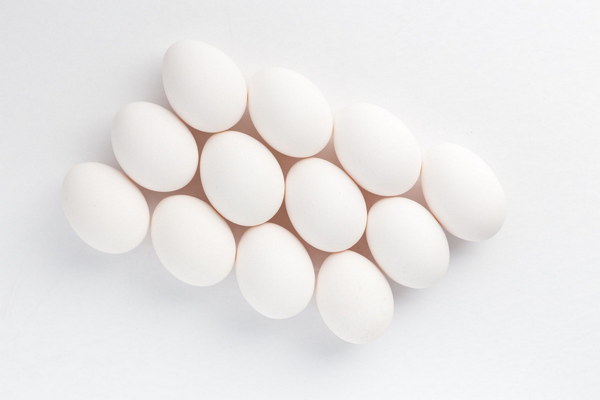
- Artificial sweeteners: These can irritate the bladder and exacerbate incontinence symptoms.
5. Maintain a healthy weight
Excess weight can put pressure on the bladder, leading to incontinence. By maintaining a healthy weight through a balanced diet and regular exercise, older adults can reduce the risk of elderly enuresis.
6. Stay hydrated
Hydration is crucial for maintaining bladder health. Ensure that older adults drink enough water throughout the day, but avoid drinking large amounts of fluid right before bedtime to reduce nighttime awakenings.
7. Consider herbal remedies
Some herbal remedies may help manage elderly enuresis. Consult with a healthcare professional before trying any herbal supplements, as some may interact with medications or have side effects. Popular options include:
- Saw palmetto: This herb is believed to help reduce bladder irritation and improve bladder function.
- Stinging nettle: Stinging nettle may help reduce inflammation and improve urinary tract health.
- Dandelion: This herb is a natural diuretic and can help empty the bladder more frequently.
In conclusion, elderly enuresis can be managed through a combination of dietary adjustments, lifestyle changes, and herbal remedies. By incorporating bladder-friendly foods, limiting bladder irritants, and staying hydrated, older adults can improve their bladder control and reduce the frequency of nighttime awakenings and incontinence. Consult with a healthcare professional for personalized advice and treatment options.
